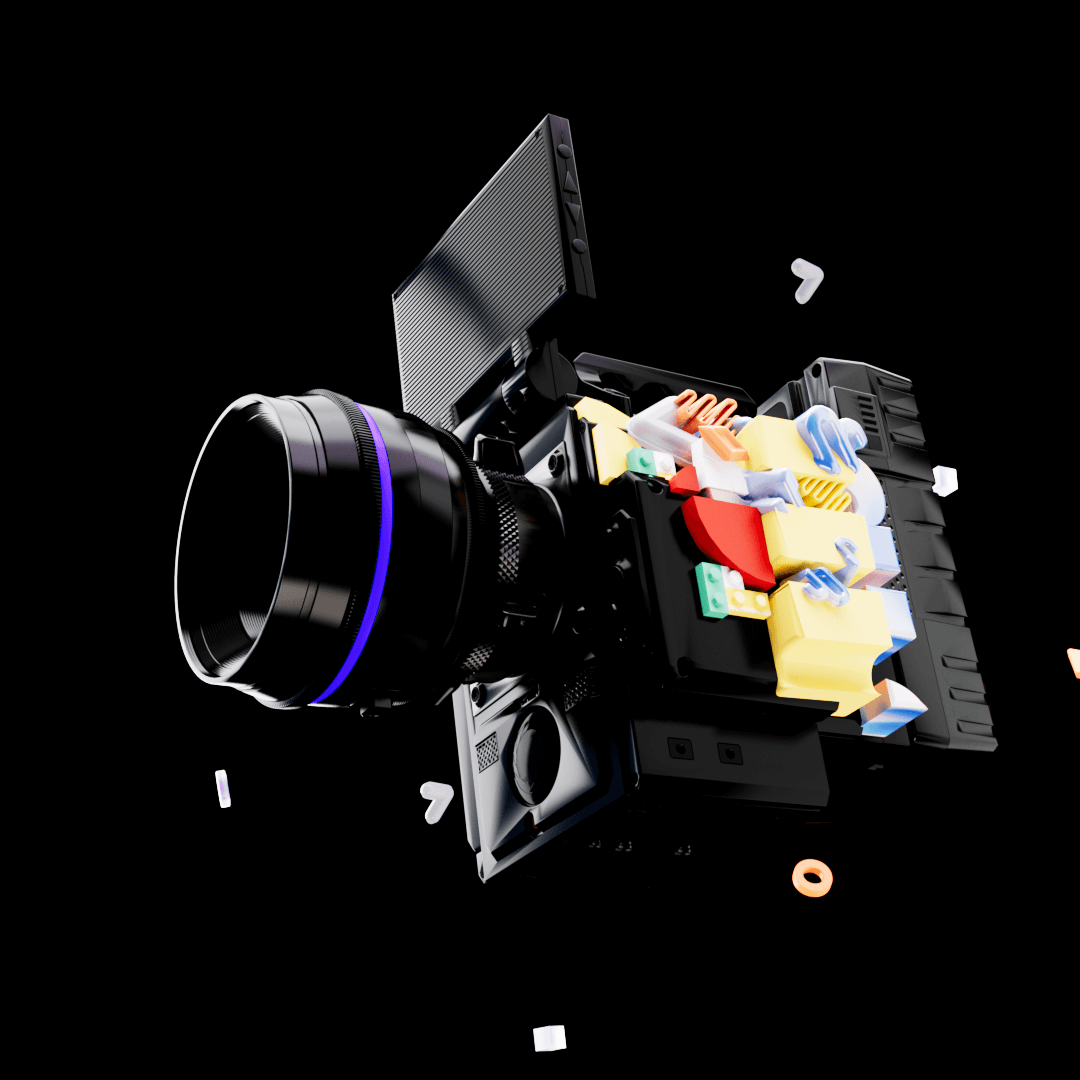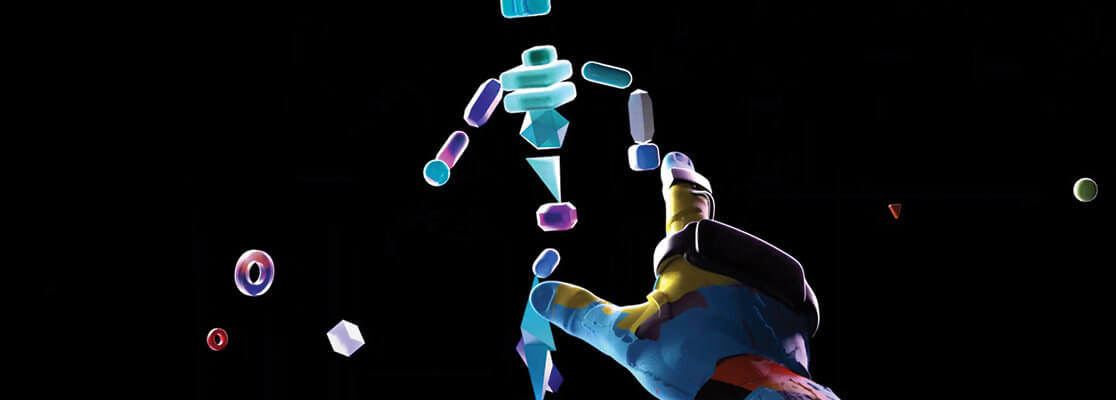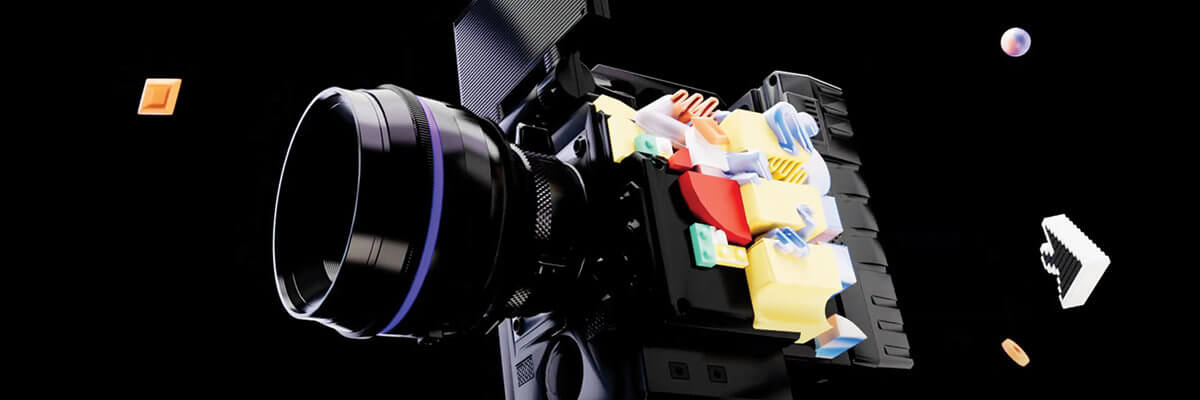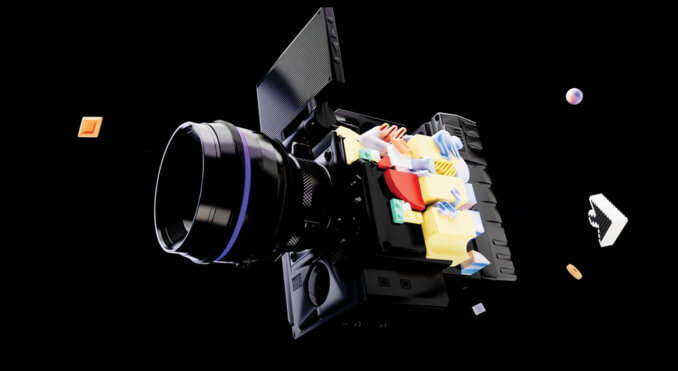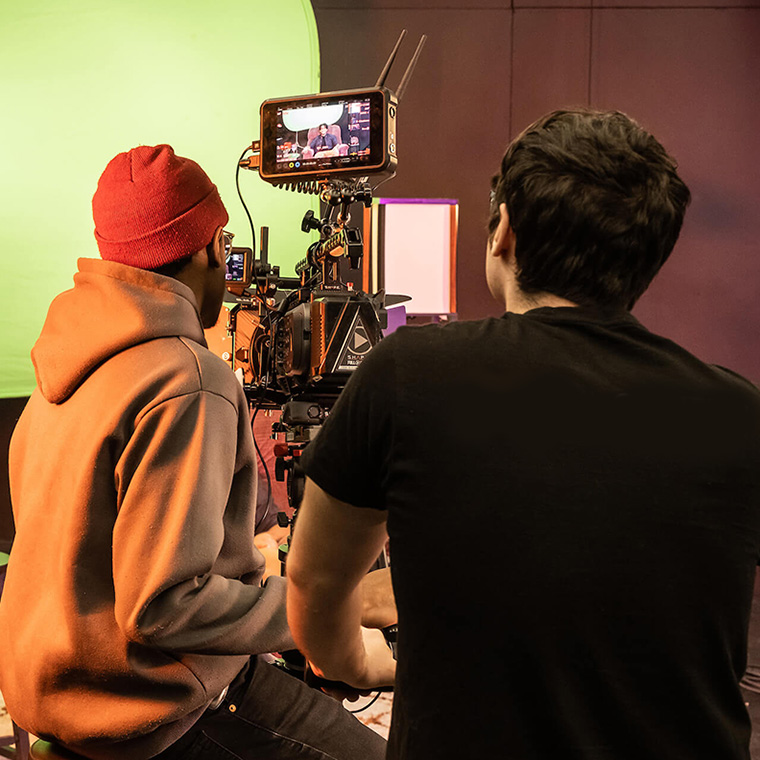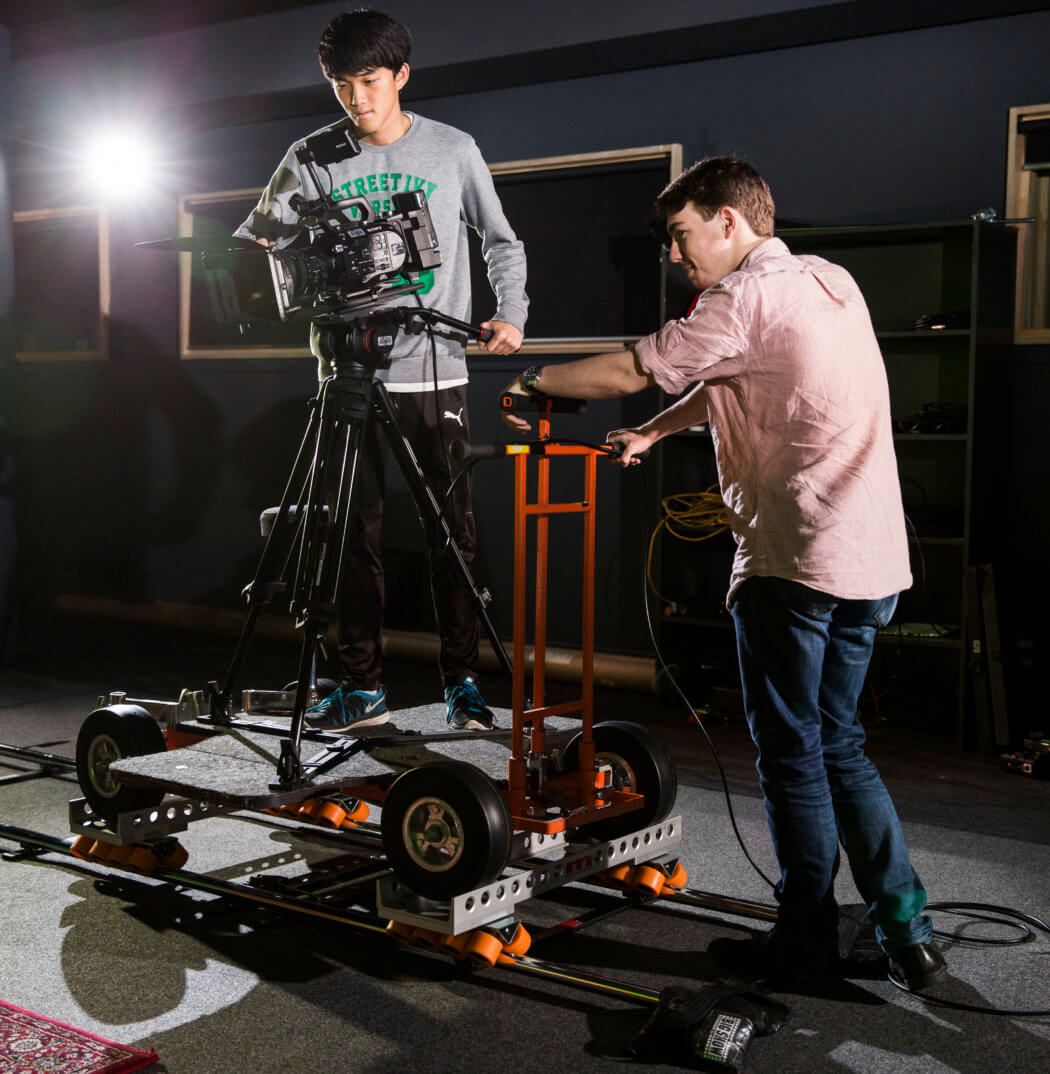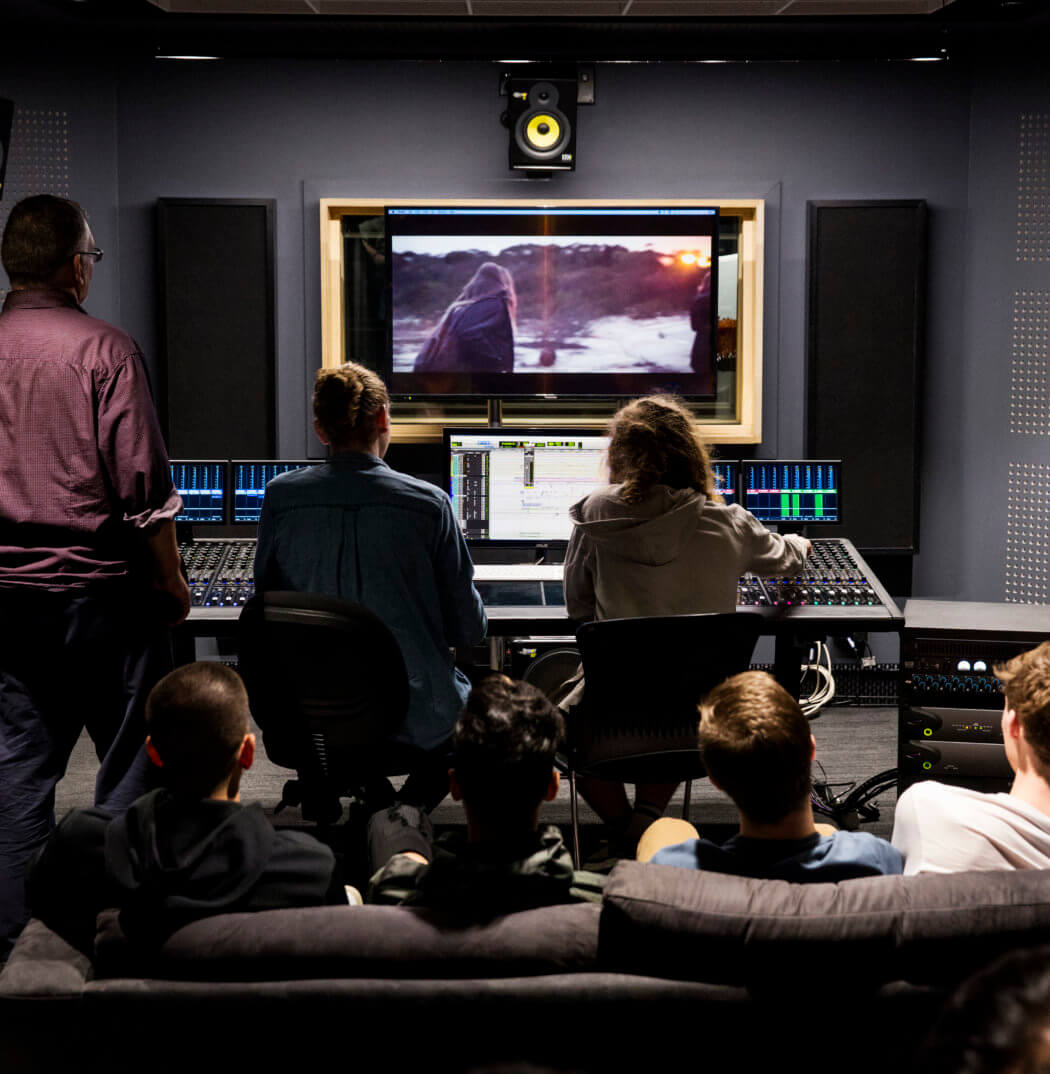Bachelor of Film (Production)
LOOK THROUGH THE LENS TO SEE YOUR FUTURE IN FILM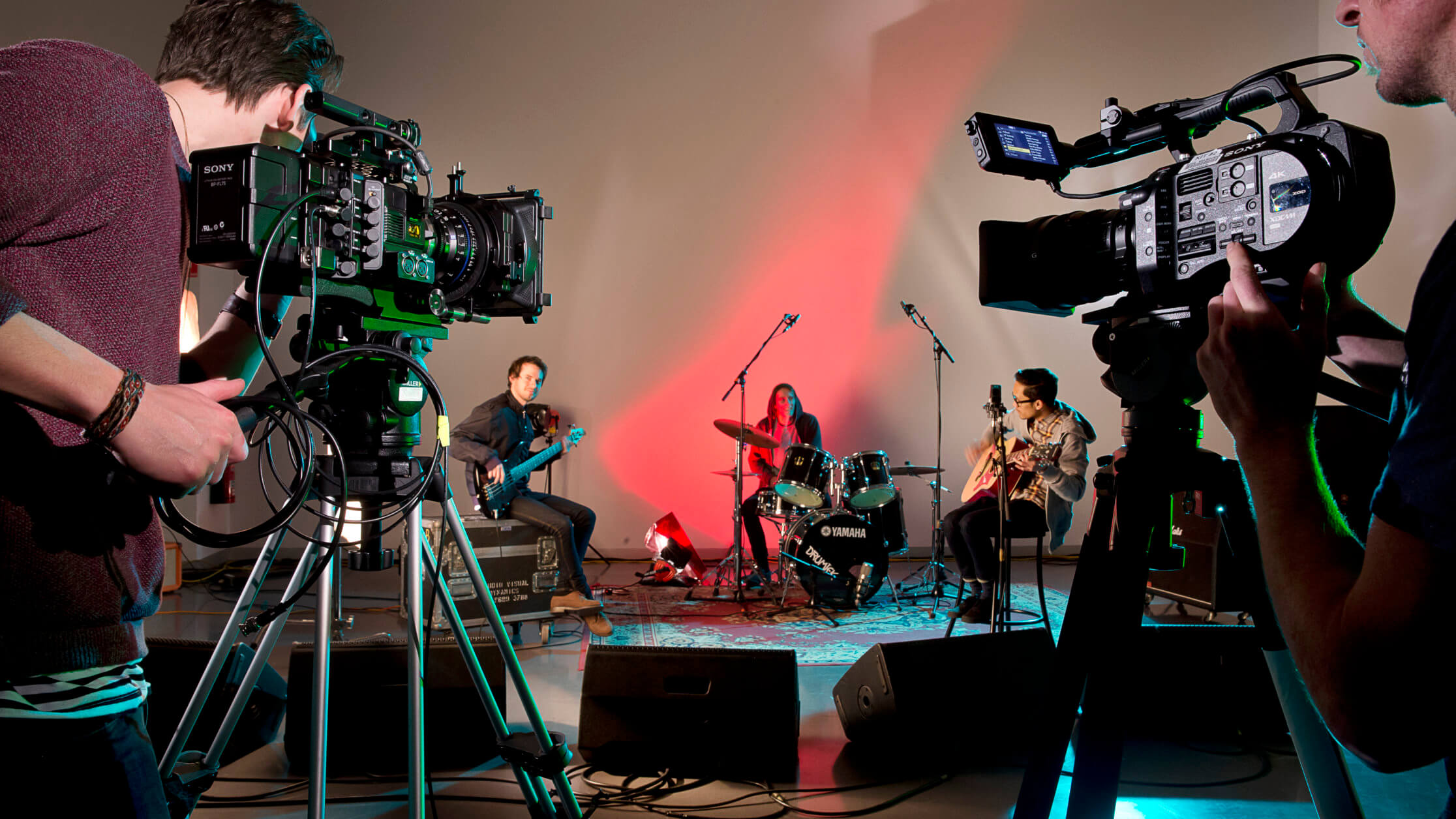
Available at
Dubai
Fees
Bachelor of Film (Production)
Domestic Fees
- Plan A – Yearly Payment – AED 57,960
- Plan B – Trimester Payment – AED 21,090 (3 Payments Per Year)
- Plan C – Monthly Payment – AED 7,490 (9 Payments per Year)
Bachelor of Film (Production)
International Fees
- Plan A – Yearly Payment – AED 57,960
- Plan B – Trimester Payment – AED 21,090 (3 Payments Per Year)
- Plan C – Monthly Payment – AED 7,490 (9 Payments per Year)
Duration(s)
8 Trimesters Full Time
Complete the program across 3 years (8 trimesters)
Bachelor of Film (Production)
Course Durations
8 Trimesters Full Time
Complete the program across 3 years (8 trimesters)
We understand that things can change, so you'll have the flexibility to change your study load throughout your course if you need to.
Start Date(s)
Dubai
2025 – September, Dubai
Bachelor of Film (Production)
Start Dates
Dubai
2025 – September, Dubai
Entry Requirements
Bachelor of Film (Production)
Domestic Entry Requirements
Domestic Entry Requirements
Minimum age requirements
Academic requirements
English language requirements
International English Language Testing System (IELTS): A band score of 6 or higher for a Higher Education (HE) course and 5.5 or higher for a VET course (only the Academic Test is accepted), OR
Test of English as a Foreign Language (TOEFL): A score of 550 or higher (paper based test), 60 or higher (internet based test) for a Higher Education (HE) course and a minimum score of 527 (paper based test) or 46 (internet based test) for a VET course, OR
Bachelor of Film (Production)
International Entry Requirements
International Entry Requirements
Minimum age requirements
Academic requirements
English language requirements
International English Language Testing System (IELTS): A band score of 6 or higher for a Higher Education (HE) course and 5.5 or higher for a VET course (only the Academic Test is accepted), OR
Test of English as a Foreign Language (TOEFL): A score of 550 or higher (paper based test), 60 or higher (internet based test) for a Higher Education (HE) course and a minimum score of 527 (paper based test) or 46 (internet based test) for a VET course, OR
YOUR CAREER IN FILM BEGINS NOW
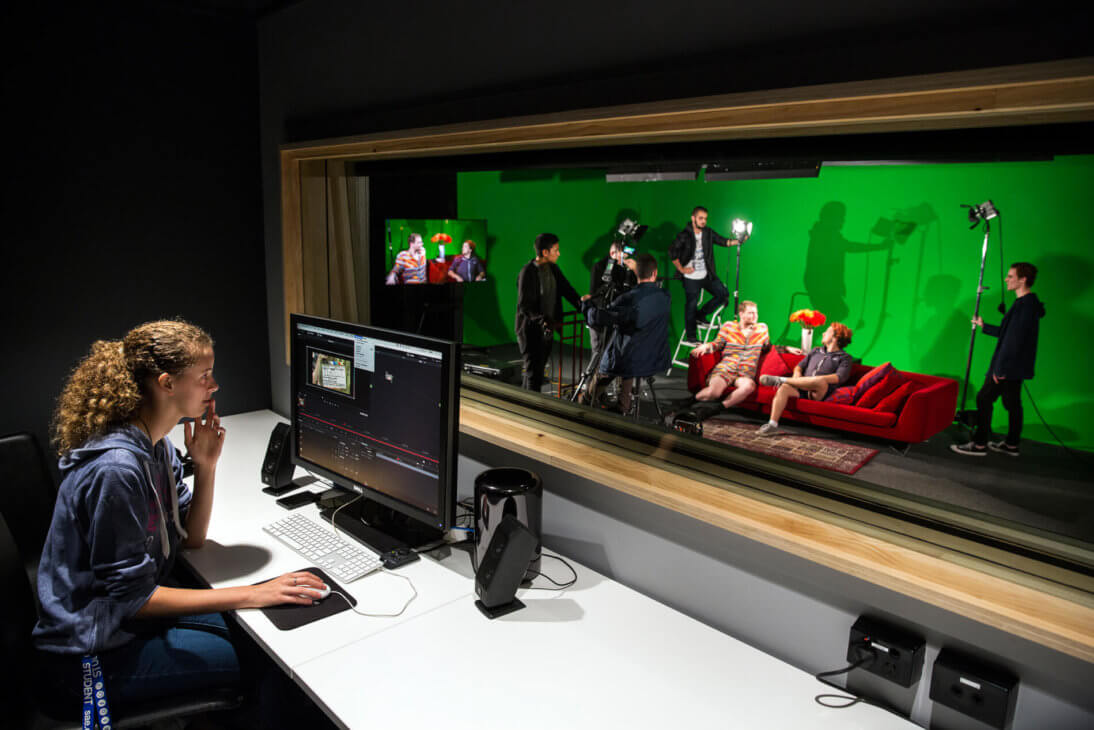
Train in world class studio environments
4K Red, Sony and Canon cameras, DaVinci Resolve colour grading software, Adobe Premiere Pro, and Adobe Creative Cloud.
Practical, immersive training
All work is project-based, with no exams.
Creative collaboration
Collaborate with audio specialists, artists, designers, game developers and animators.
Expand your career
Graduate with a portfolio, work experience, employability and entrepreneurial skills and a network of fellow creatives.
Film Skills
High-level cinematography
Directing
Production
Post production
Lighting
Sound
Visual effects skills
Tools & Software

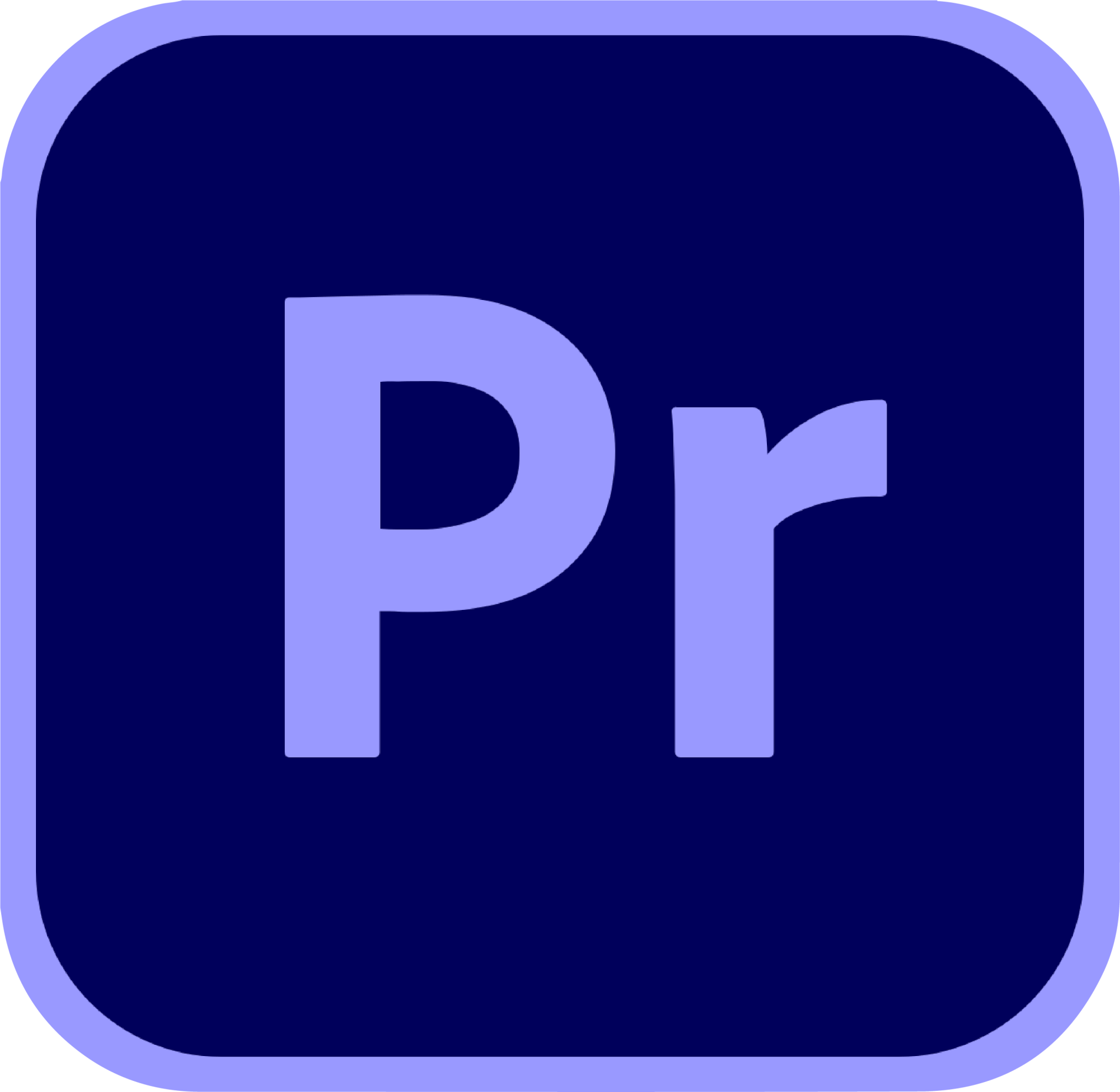

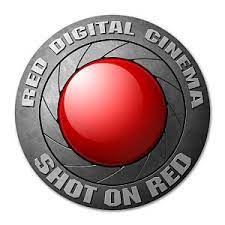

We consult closely with industry professionals so you can expect a course that’s highly relevant and equips you with sought after skills.



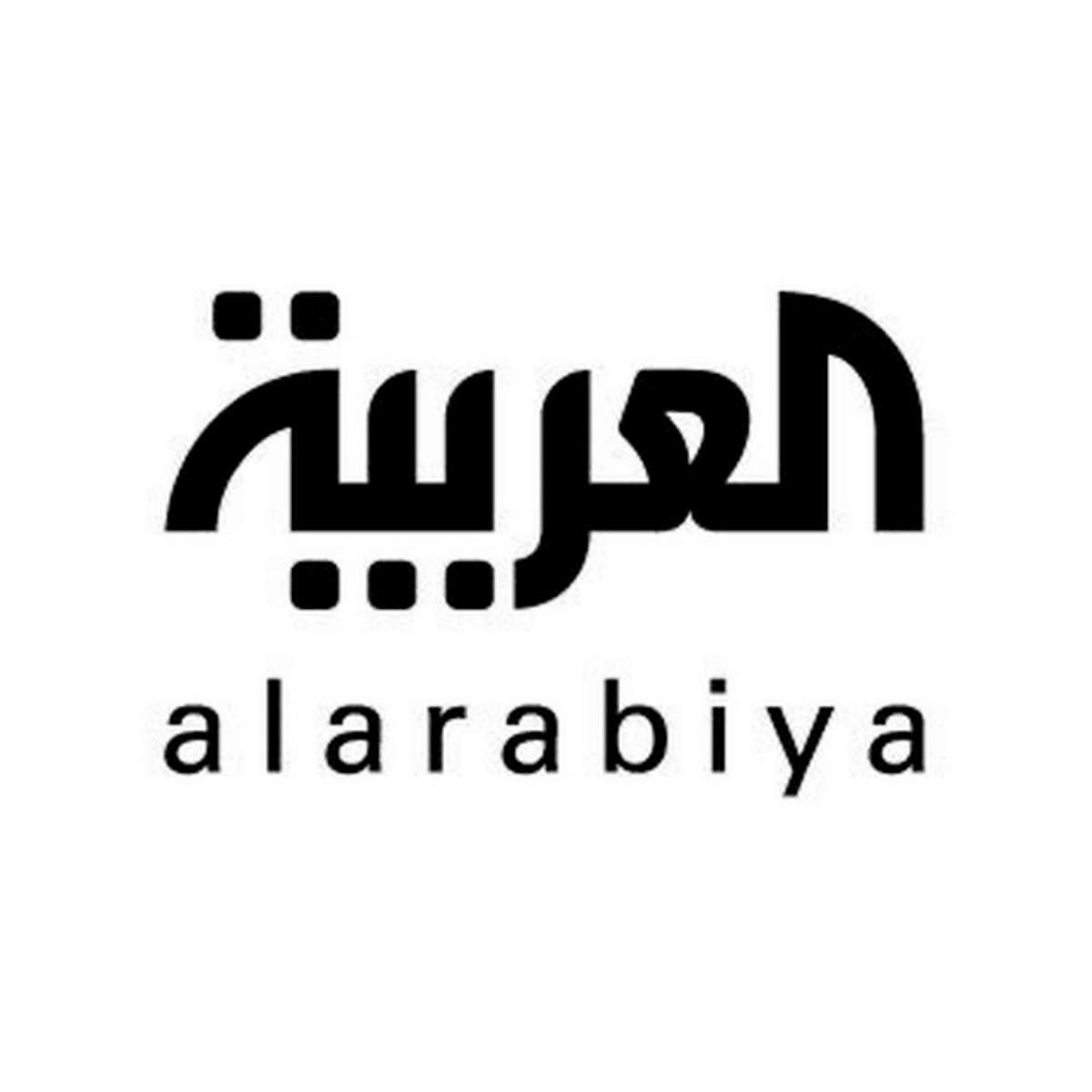





Career Outcomes
What jobs will this course lead to?
- Video Editor
- Producer
- Cinematographer
- Colourist
- Director
- Screenwriter
- Visual Effects Artist
- Camera Assistant
